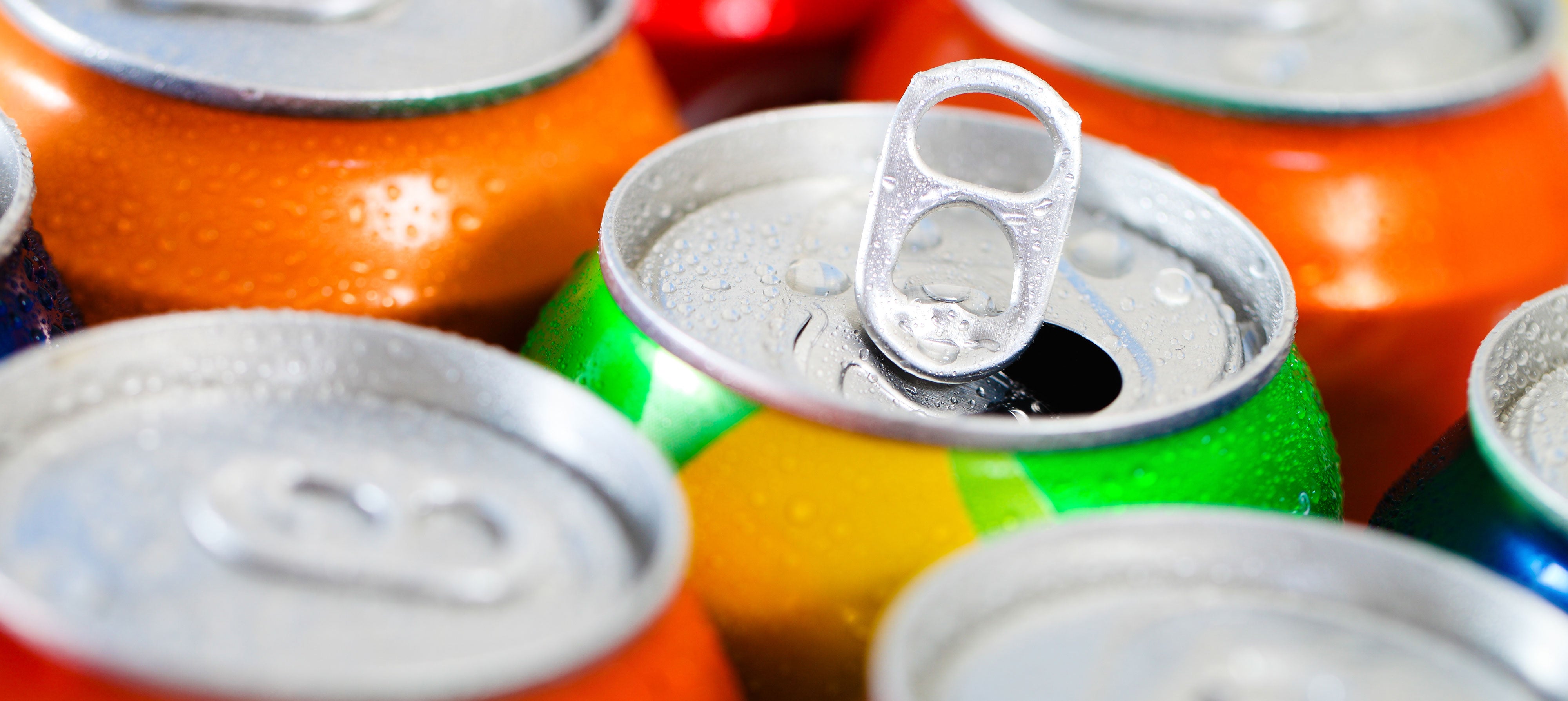1-866-405-5138 (U.S.) 🇺🇸 or
1-925-331-6892 (Non-U.S.)

We’re on a mission to take the embarrassment and stigma out of questions like “why am I peeing my pants” and “why do I keep peeing myself at night”. Knowledge is power, so here are 5 facts to help you better understand some of the causes of urinary leakage and what you can do to help prevent it.
They’re the questions nobody wants to have to ask. Why do I keep peeing myself? Why do I pee my pants when I cough, laugh, or at night when I’m asleep? The reality is, something that might seem embarrassing and unspeakable is actually common, normal, and affects tons of people all over the world.
Instead of scouring the web for answers about the causes of urinary leakage and reasons for incontinence, wouldn’t it be nice to have an easy cheat sheet with all of the facts and tips you’re looking for? We thought so, which is why we put together this quick list to give you the answers you need.
You might feel like you’re the only one wondering why you pee yourself sometimes, but the statistics prove that it’s a much more common issue than many think. According to the National Health and Nutrition Examination survey, over 50% of women and about 14% of men in America reported some form of unwanted urine leakage, with most being over the age of 65.1
That means that millions of Americans are dealing with the same problem! You might be wondering why women are more likely to be asking “why do I keep peeing myself” than men. Factors such as pregnancy, childbirth, menopause, and simple anatomy can all contribute to a weakening of the muscles that support the bladder.
Describing any unwanted urine leaks as just “incontinence” doesn’t quite capture the whole story. There are multiple forms, and the times that you’re experiencing leaks may help to pinpoint which type is to blame.

If you’re constantly wondering “why do I pee myself when I cough or laugh”, the likely culprit is stress incontinence. It’s the most common, and takes place when physical actions such as exercise, sneezing, coughing or laughing cause the pelvic floor muscles to exert pressure on the bladder.
On the other hand, if your question is “why do I keep peeing myself at night”, you may be experiencing urge incontinence, in which abnormal bladder contractions caused by irritation or nerve damage result in you accidentally peeing yourself. Some people have a mix of the two forms, which is known as mixed incontinence.
Some answers to “why do I keep peeing myself” or “why do I pee myself when I cough” are medical. Factors such as weakened bladder muscles, low bladder capacity, nerve damage, surgery, certain medicines, and infections can all be reasons for peeing yourself, and necessitate a chat with your doctor.

However, there are also causes of urine leakage that are directly related to lifestyle, and can be addressed:
Usually, the question “why do I keep peeing myself” isn’t asked alone - it’s typically followed up with “how can I stop”. The best option is always to consult with your doctor to come up with a treatment plan, but you may be wondering what steps you can take at home. According to this information page from the U.S. Office of Women’s Health, some good steps include:
Now that we’ve discussed much of what urinary incontinence is, let’s make sure to highlight one thing that it’s not. You may hear the term “overactive bladder” (or just OAB) come up a lot as you seek out answers to why you keep peeing yourself. Having an overactive bladder simply means that you feel strong, sudden urges to urinate throughout the day, but does not include the involuntary urination that leads to that question of “why do I keep peeing myself”.
An overactive bladder may be a precursor to urge incontinence, but that’s not always the case. Understanding that the two are technically separate (albeit sometimes related) conditions will help you in your efforts to get to the bottom of what’s going on with your own bladder.
Ultimately, becoming educated about the reasons for why you might be peeing your pants does more than just help you get answers to questions like “why do I keep peeing myself” and “why do I pee myself when I cough”. It gives you the keys to getting a sense of confidence and freedom back by making you realize that urine leakage is not something you need to feel embarrassed or ashamed about.
For a full, in-depth guide on all things urinary health, check out our comprehensive article, “The Urinary System: Anatomy, Main Functions, Issues, and Advanced Topics”. If you want to stay up to date with the latest health news, and get more answers to questions like “why am I peeing my pants” that are too often ignored, follow us on social media!
Leave a comment